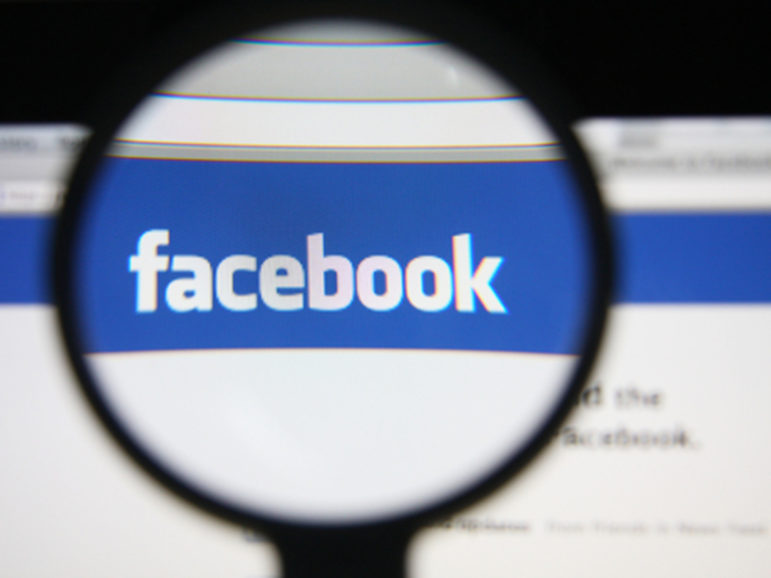On Friday of last week, I deactivated my personal Facebook page. With the help of two twentysomethings who know what they are doing online, I am now only present on Facebook via my public figure page, which will be managed by a staff person. I will no longer be personally logging on or relating to people through Facebook. I have also shut down Facebook Messenger.
Write me a letter by longhand. Shoot me a text. Send me an email. Commission a carrier pigeon. Cuz you won’t reach me by Facebook again. Ever.
That Facebook died for me last Friday is not coincidental. Facebook is at its very worst in times of intense social conflict and division. Earlier in the week I wrote an article for RNS on the killings in Baton Rouge and St. Paul. As usual, I posted a link on my personal Facebook page. I had the maximum of 5000 “friends.” Then the comments began.
Most posts were civil and constructive, but some were, in my view, inflammatory and hurtful. I tried to intervene. I once again failed in my attempt to enforce what I understood to be Facebook civility. Once again I ultimately found it necessary to block someone, which is a relationship killer. I then hastily threw out a despairing and emotional comment that, in retrospect, was guaranteed to inflame and offend lots of people. Then my page lit up alternately with praise for my inflammatory comment and lots of hurt feelings from old friends. The next day I deactivated my personal Facebook page.
So there it is, what I hope will be my Final Facebook Failure. Embedded in my sad story are several reasons why I am abandoning personal Facebook engagement. Perhaps readers will find it relevant to their overall approach to social media. Because it’s not just about Facebook — it’s our entire virtual world. Many people are struggling to figure out how to get on top of this technology and use it for more good than harm. (Consider Donald Trump. Or not.)
Top Ten Reasons for Abandoning Facebook (and Other Social Media):
- It is impossible to manage one’s Facebook page so as to maintain civility.
- Virtual communications are more likely than face-to-face communications to create and inflame conflict.
- Facebook creates the illusion of a community of friends. Instead, at least for me it was a dual-use personal/professional tool that involved a random assortment of family, colleagues, real friends, acquaintances, fans, people I once knew, people I never knew, friends of friends, enemies, friends-of-enemies, and cray cray trolls. From now on, it’s a fan page. That’s it.
- Or, alternatively, Facebook thins down to an echo chamber of like-minded people, as others drop off or are blocked after angry exchanges, reinforcing one’s own biases while systematically blowing up friendships.
- Facebook and other social media invite hasty, emotional communication rather than carefully considered reflections. You can delete a post, but it still lives on in memory or screen shot.
- You can do real damage to a community, a church, other individuals, a family, a friend, and yourself in just one hasty or foolish social media post.
- Facebook consumes time and emotional energy better spent elsewhere.
- Facebook is often a substitute for real action in the world. You think you’ve “taken a stand for justice/God/morality” when you have posted, but you haven’t. You’ve just blown off steam and created a little homebrewed conflict.
- Facebook is too often a place where people get hurt and relationships go to die.
- Facebook is addictive.
Who says we all have to do what everyone else is doing? Declare your independence. Ask yourself whether your time on social media is doing you and others more good than harm.
Feel free to comment on my Facebook public figure page. I won’t respond. I am not even allowed to log in anymore. Doctor’s orders.





